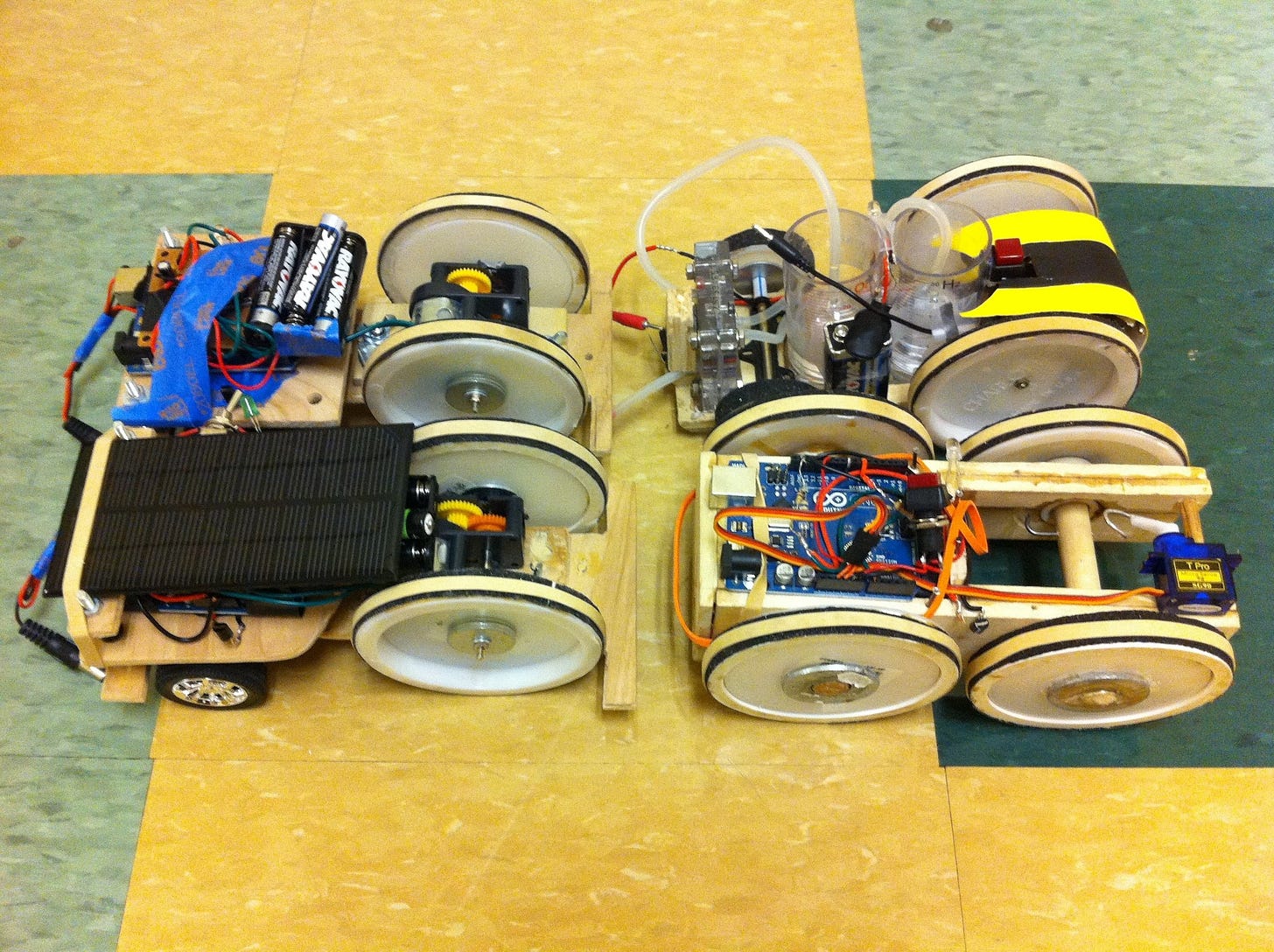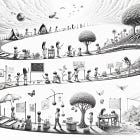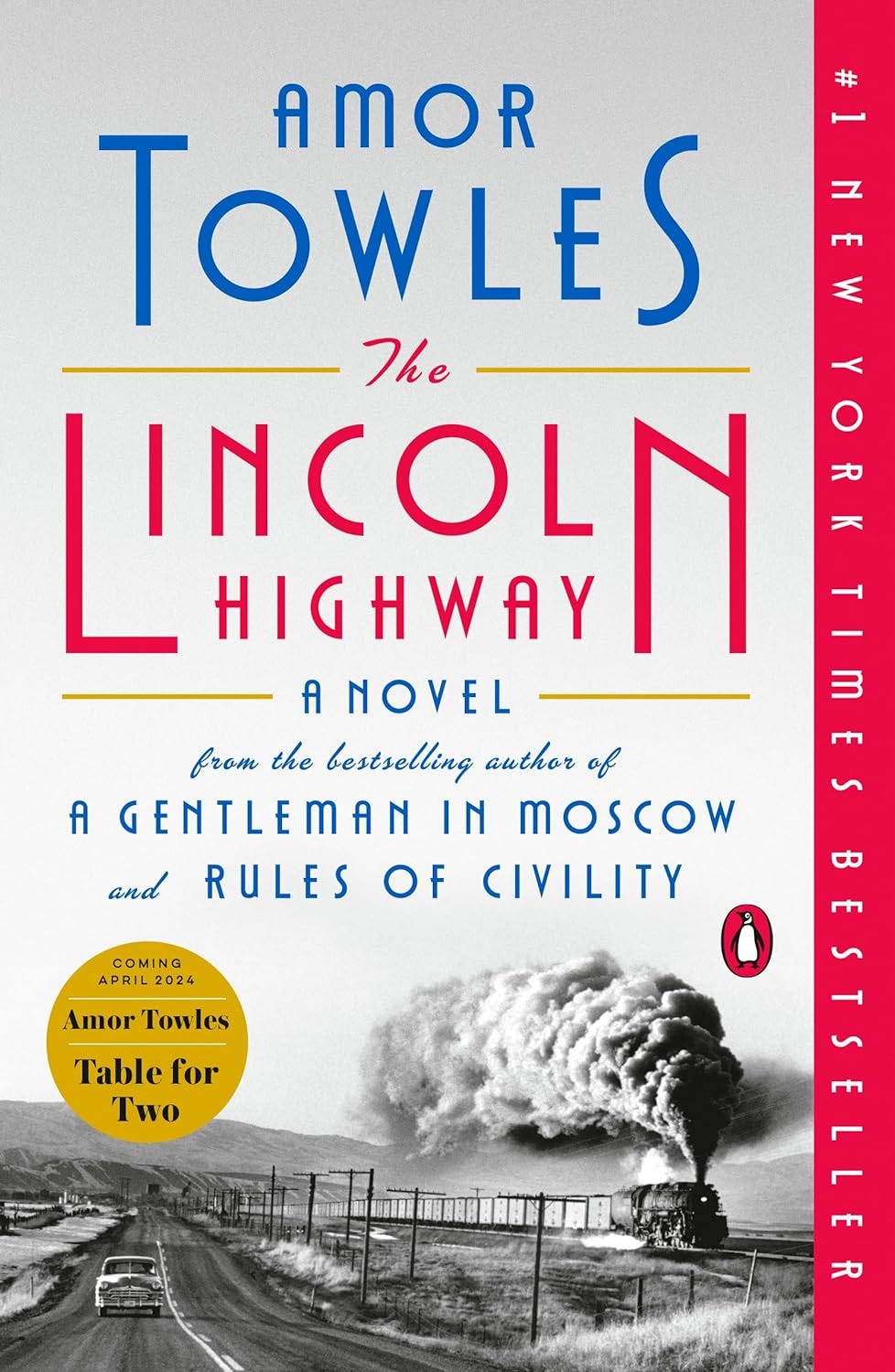I was a straight-A student. At least that's what my transcript from undergrad will tell you. But that 4.0 GPA should have an asterisk next to it. What's behind the asterisk says something important not only about grades and our relationships with them, but about our search for meaning and the ultimate emptiness of an identity based on achievement.
The asterisk on my 4.0 undergrad GPA
I cruised through my first year of college. I had come in from high school with a bunch of credits from my Advanced Placement classes which allowed me to jump right into the major-specific classes in my first semester. It was an adjustment to be sure, but one that I took in stride and was able to manage without too much trouble.
I was feeling good, but a bit nervous as I entered sophomore spring. Trying to hold on to a 4.0 GPA is like coming into each semester like the defending champion. The new classes start and you've got to prove yourself yet again and win to stay on top. I had several challenging classes that semester, but I knew which one was going to be the biggest challenge. Engineering Project Management, lovingly known to LeTourneau students as EPM, was a rite of passage taken in the sophomore spring year of the engineering curriculum. I suspect EPM killed many untested 4.0 GPAs. I feared it might also be the end of mine.
The main learning objectives of the course were to teach you how to manage a non-trivial project and work on a team to tackle an engineering challenge. In my year, the project was based on the 2012 ASME student competition focused on designing devices that use alternative energy. The challenge was to design and build four self-propelled devices to complete a 12 meter-long relay race where the last three devices had to be triggered without direct human interaction. Simple, right? Turns out, no.
I poked through my archives to dig up some pictures of our cars. We came up with four: one was battery powered, one was a hydrogen fuel cell, one was powered by a rubber band spring mechanism, and the last car leveraged a solar cell. We were feeling good about our chances.
EPM was a fun class and we invested a lot of time and energy into it. Unfortunately, completing the relay race in practice turned out to be a lot more complicated than it might sound. EPM also taught you Murphy's law: if something can go wrong, it will.
We got our cars driving, but there was a problem: they didn't drive straight. This turned out to be a significant problem (pun intended). As you might imagine, if you want these things to trigger each other by bumping one into another, you've got to actually get them to, well, bump into each other.
We spent many hours trying to iron this out. Despite our best efforts to tweak our design to get them to drive straight, one would inevitably go off track and barely miss the baton pass to the next car. We did our best to engineer out as much of the error as we could but after that took a more relational approach, trying to get to know the idiosyncratic, moody steering tendencies of our cars and to line them up just so in order to go crash crash crash and complete the course.
We got very good at our car whispering. Despite the warped trajectories, we felt that we sufficiently understood our temperamental cars. The day of the final class competition came. It was time to put up or shut up. We lined up our cars, got them adjusted just so and launched our first car.
You can probably guess where this is going. All that carefully adjusted and jury-rigged setup worked just as we expected and feared: it didn't. Murphy reared his ugly head at the worst opportunity. One of our cars decided that it wanted to take a joy ride and go off script and that was that.
The Absent-Minded Professor is a reader-supported guide to human flourishing in a technology-saturated world. The best way to support my work is by becoming a paid subscriber and sharing it with others.
What we cannot earn
In the aftermath of the competition I was a bit dejected and if I'm honest, a bit concerned that this would be the end of my 4.0 GPA. Like I said, if you're a defending champ, you feel the pressure to make past performance a guarantee of future returns. No matter how much you love learning for the sake of learning, the looming specter of grades means you're going to have to deal with their baggage whether you get a good or bad one.
My last hope was the class final exam. Despite our less than superb performance on the final race, I knew from my grade calculator spreadsheet that an A just barely remained within the realm of mathematical possibility.
I don't remember the exact number I needed, but it was pretty high. Something close to full marks on the exam. I went in, took the exam, and felt good about it. I had the feeling that I had pulled it off. The next week I got back the exam. Once again, I had come up just short of the goal.
At that point I resigned myself to the fact that I needed to kiss my 4.0 goodbye. I patiently waited for the several weeks to pass until final grades were posted to the student portal, knowing what I would find there. I normally loved the day when grades came out. This year I was less excited, expecting to see what I had internalized as the first blemish on my transcript.
On the day grades were posted, I opened up the portal, loaded up the page, only to see: "ENGR3022 01 Engineering Project Management: A".
What had happened? The answer of course was that I had been bumped me up to an A even though I hadn't earned it. This was an important reminder for me. As a student, we should strive for good grades but only to the degree to which they reinforce the learning that they represent.
Grades are no good no matter which ones you get
It’s easy to fall into the trap of thinking grades are an objective measure of student learning. Educators build the assignments and then assess student work with them, typically on a scale of 0-100. But this decision remains an arbitrary choice, guided by convention. Grades are certainly correlated with learning, but the connection is not nearly as direct as we often convince ourselves.
As I've reflected on this experience over the years, it's taught me an important lesson about achievement, identity, and intrinsic value.
I know what it feels like to check the boxes and put together an impressive academic track record. You can always find folks with more impressive credentials, but mine aren't too shabby. 4.0 undergrad GPA. PhD from Caltech. Tenure track faculty position at Harvey Mudd straight out of grad school. Several prestigious NSF research grants.
But those achievements don't define me. It's a dangerous game to build one's identity on achievement. It's only a matter of time until you realize that you don't measure up in some way or recognize that you were valuing yourself by comparing your achievements to those of the people around you. Our achievements, good or bad, are not the basis for our fundamental worth as human beings.
My experience in EPM taught me this. If you put your trust in your credentials, the chip is glued to your shoulder. You might feel that you're at the top of the mountain today, but what about tomorrow? Better keep looking over your shoulder and trying to stay one step ahead of everyone else.
Value independent of achievement
At this point you may be asking where this leaves us. If achievement can't bear the weight of our worth and identity, then what can?
I'm partial to the way that David Foster Wallace addresses this in his famous speech, "This is Water." He writes:
[I]n the day-to-day trenches of adult life, there is actually no such thing as atheism. There is no such thing as not worshipping. Everybody worships. The only choice we get is what to worship.
...
Worship your intellect, being seen as smart, you will end up feeling stupid, a fraud, always on the verge of being found out. But the insidious thing about these forms of worship is not that they’re evil or sinful, it’s that they’re unconscious. They are default settings.They’re the kind of worship you just gradually slip into, day after day, getting more and more selective about what you see and how you measure value without ever being fully aware that that’s what you’re doing.
DFW holds our feet to the fire and forces us to address the same question that my GPA was asking of me: what defines my worth? What do I worship?
Grades are a bad god
In school the choice is made pretty clear for us: worship at the altar of intellectual achievement. Grades are the evidence of our sacrifice to that god.
My simple request is that you reflect on how you answer this question. It may be the most important one you ask. There are no simple solutions. There are no easy answers. But the right question is worth immeasurably more than an answer.
As I close for this week, I thought I would share a bit more of my journey to answer that question in my own life. My goal is not to convince you to agree with me, but in the simple hope that it might spark your own curiosity and guide you as you ask this question of yourself.
I believe the question of identity is fundamentally rooted in the idea of Imago Dei, the image of God. Our fundamental worth as humans comes not from anything we've done, good or bad, but from the One in whose image we are made.
As a Christian, my identity is rooted in who God says I am, not any of my accomplishments or failures. I'm trying to build my life on the rock of who Jesus says I am, not on the sand of my own accomplishments. One of Jesus's parables, recorded in Matthew 7:24-27 helps to explain.
Everyone then who hears these words of mine and does them will be like a wise man who built his house on the rock. And the rain fell, and the floods came, and the winds blew and beat on that house, but it did not fall, because it had been founded on the rock. And everyone who hears these words of mine and does not do them will be like a foolish man who built his house on the sand. And the rain fell, and the floods came, and the winds blew and beat against that house, and it fell, and great was the fall of it.
The things that I do have value, but only to the degree that they don't bear the weight of my value. As the apostle Paul writes in Philippians 3:4-14 , I count my accomplishments as loss when they're put in the proper perspective next to the true source of my worth.
If anyone else thinks he has reason for confidence in the flesh, I have more: circumcised on the eighth day, of the people of Israel, of the tribe of Benjamin, a Hebrew of Hebrews; as to the law, a Pharisee; as to zeal, a persecutor of the church; as to righteousness under the law, blameless. But whatever gain I had, I counted as loss for the sake of Christ. Indeed, I count everything as loss because of the surpassing worth of knowing Christ Jesus my Lord. For his sake I have suffered the loss of all things and count them as rubbish, in order that I may gain Christ and be found in him, not having a righteousness of my own that comes from the law, but that which comes through faith in Christ, the righteousness from God that depends on faith— that I may know him and the power of his resurrection, and may share his sufferings, becoming like him in his death, that by any means possible I may attain the resurrection from the dead.
Not that I have already obtained this or am already perfect, but I press on to make it my own, because Christ Jesus has made me his own. Brothers, I do not consider that I have made it my own. But one thing I do: forgetting what lies behind and straining forward to what lies ahead, I press on toward the goal for the prize of the upward call of God in Christ Jesus.
As I write these words we are turning the corner into Holy Week in the Christian calendar; the week where we celebrate Jesus's entry to Jerusalem as he make his journey to the cross on Friday and ultimately to the resurrection on Easter Sunday.
I know that you may not share my convictions about Jesus and whether what he said was true. That's ok. Either way, I hope you can recognize together the weakness of building an identity on achievement.
Grades are just one of the many sources of accomplishment upon which we build our identities. My experience in EPM reminded me that grades don't just harm students who are not yet meeting expectations. The embedded message of grades do harm even to the students who are meeting and exceeding the expectations. Instead of disappointment they feel pride. Instead of shame, they feel accomplishment. Instead of discouragement, they feel satisfaction. While these are much more positive emotions, they deceive us, convincing us to put our faith in our own abilities.
My GPA has an asterisk. Yours does too. That asterisk is important and should remind us that while our accomplishments are important, they can't bear the weight of our identity and worth. And that, ultimately, is good news.
If you enjoyed this piece or any of my other essays, please consider supporting me by subscribing or upgrading to a paid subscription.
If your curiosity has been sparked in some way, please consider leaving a comment!
Audio Voiceovers
You may also notice that I’ve recorded an audio voiceover version of this post. Let me know if you like it and if I should keep doing these. I also recorded audio versions of two of my recent posts in case you want to check those out too.
Recommended Reading
The best thing I read this week was from
in his excellent newsletter which I highly recommend to you. This week Michael reflects on Ted Gioia’s recent piece (which you’ve probably seen if you’ve been around Substack lately) on the emergence of what he terms “dopamine culture.” I highly recommend you check out Michael’s well-considered thoughts.I also really enjoyed
’s post this weekend where he reflects on the joy of listening in on conversations between folks who are at the top of their craft. Almost anything can fascinate us if we’re willing to look long and closely enough. I’m looking forward to posting some of my conversation with John from a few weeks ago once I can find a few moments to edit it!Lastly, I’m continuing to love
’s podcast How I Write. This week I want to share his latest conversation with on storytelling which was excellent. I always learn something that I want to prototype in my writing from David and his guests. This week’s nugget was thinking about a story as intention + obstacle.The Book Nook
I promise I’ll be done talking about The Lincoln Highway by Amor Towles soon, but I’m almost done with it and loving the way it’s wrapping up.
This week I enjoyed hearing Towles explain Zeno’s dichotomy paradox through one of the characters. It is interesting to see how he uses this paradox in his storytelling.
The short version is, to get anywhere you need to go halfway first. But if you keep cutting the remaining distance in half, you’ll never actually arrive at your destination. This clip of from YouTube also gives a nice explanation.
The Professor Is In
Stumbled across this video this week and really enjoyed it. It’s about The SAT Question Everyone Got Wrong. Great hook and the video is very interesting. If you haven’t seen it yet, check it out!
Leisure Line




More pizza this weekend and here are a few pictures of the latest pies. After some experimenting with some different dough hydrations between 58-62% I’ve decided that I really like the 60% hydration for the Ooni. If you want to get started, here’s a link to my New Haven-style dough recipe over at phdpies.com.
If you want to stay up to date on my pizza adventures, check out my less-frequently loved Substack, PhD Pies. Hoping to have a new post ready to go out in the next week or so!
Still Life
Ran into these morning buns at Costco and tried them out over the weekend. Highly recommend!















Thanks for sharing your academic journey at LeTourneau. I couldn't agree more about how you felt in EPM and at the start of each semester. I was so thankful when I got a B+ in Physics 1 because it not only humbled me at the very beginning of EE and solidified my pursuit of non-physical design, but it also freed me from trying to maintain a 4.0 ... despite it still being my only B haha. This freed me up to prioritize learning. I was very thankful that my professors in junior and senior year as well as in grad school used more fluid grading techniques and let me learn more of what I needed to know through projects and research. It helped make me a much more effective engineer.
Back in the late 1970s and into the early 1980s, there was a wildly popular humanities prof by the name of Richard Olson (Literature?). I never had him, but I remember him coming into one of my humanities classes one day and remarking that his FAVORITE STUDENT at Mudd was the C student, because that student was really not all that worried about grades anyways and could be free to put it all on the line in his class, exploring and sharing freely any ideas without fear of reprisal or losing his precious grade point average. I don't remember many specific things that professors said at Mudd, but this one from Professor Olson I have never forgotten. And, I have sought throughout my life to become free from my own obsession with grade-point-itis.